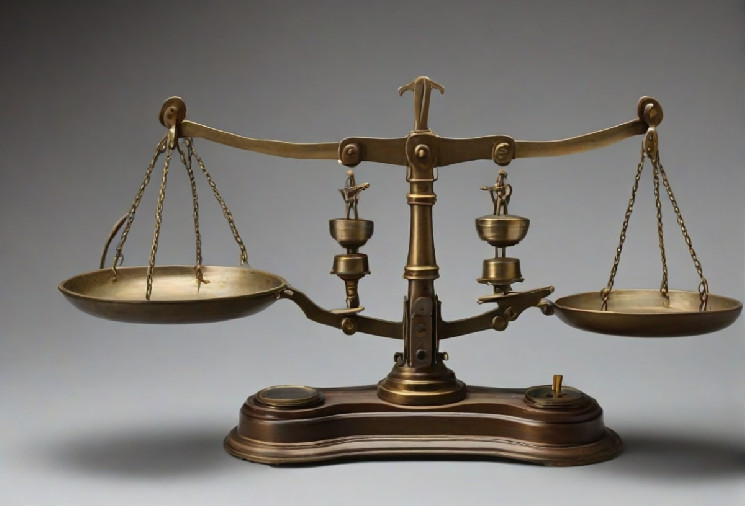Etihad Airways, the United Arab Emirates’ (UAE) national carrier, has unveiled plans to incorporate artificial intelligence (AI) into its safety management system, marking a significant move towards enhancing safety measures for its customers.
The airline’s AI integration aims to elevate its safety protocols to an “advanced level of sophistication,” introducing an AI-powered platform capable of automatically collecting and analyzing flight data. This includes factoring in maintenance data, training activities, and weather reports to refine existing safety measures.
Utilizing high-level AI tools and established cloud platforms such as TF-IDF, Google BERT, and Microsoft Azure, the newly implemented AI system is expected to play a pivotal role in reinforcing safety practices within the aviation industry.
Etihad Airways’ commitment to safety is emphasized by CEO Mohammad Al Bulooki, who views the integration of Artificial Intelligence as a game-changer in aviation, serving as a significant leap forward in enhancing safety performance.
The decision to embrace AI for flight safety stems from a collaboration with the Mohamed bin Zayed University of Artificial Intelligence (MBZUAI), aimed at exploring AI solutions to improve airline efficiency. The partnership has also led to the development of AI skills among employees in various operational, human resources, and revenue-generating aspects.
Highlighting the airline’s dedication to innovation, senior executive Mohamed Hasan Al Mansoori emphasizes the success of the collaboration with MBZUAI, underscoring the wider strategy to support Abu Dhabi’s vision within the aviation industry.
Etihad Airways’ foray into cutting-edge technology extends beyond AI, as the company previously explored the application of blockchain technology to streamline travel services, showcasing its commitment to embracing innovative solutions.
The UAE’s strategic investment in AI and Web3 aligns with its broader economic diversification efforts, positioning the nation as a global hub for innovation in these sectors. Authorities are incentivizing AI and Web3 firms with subsidies and licensing opportunities, with notable partnerships already in place with leading industry players.
Furthermore, the UAE’s investment in Nvidia’s semiconductors underscores its commitment to developing advanced AI infrastructure, signaling a drive towards self-reliance and autonomy in computational power and talent, independent of external influences.
As the UAE continues to assert its position in the expanding AI landscape, its focus on fostering innovation and technological independence underscores its commitment to shaping the future of AI development and application.









